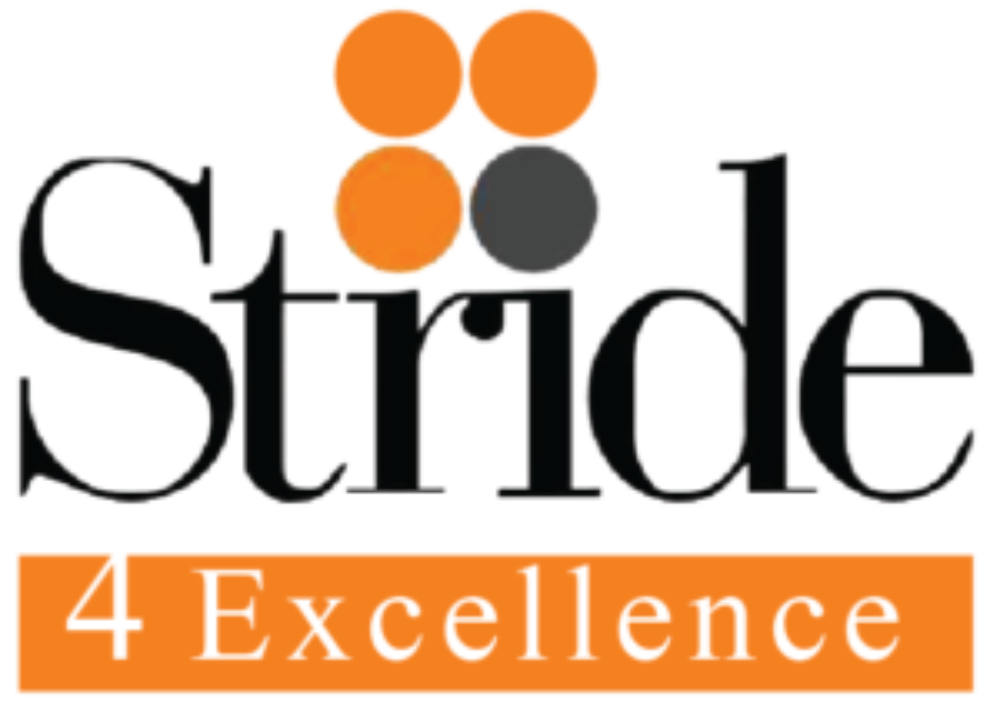
Mastering the Art of Remote Hiring
Strategies for Success in a Virtual World

Introduction
As the world becomes increasingly interconnected and digital, the way we work has undergone a profound transformation. Remote work has become a prevalent practice, and businesses are adapting their hiring processes to accommodate the virtual landscape. For recruitment agencies, mastering the art of remote hiring is crucial for success in today’s job market. In this blog post, we will explore essential strategies and best practices to navigate remote hiring and ensure a seamless experience for both candidates and employers.
Embrace Virtual Interviews
Virtual interviews have become the new norm, enabling recruitment agencies to connect with talent from anywhere in the world. When conducting virtual interviews, it’s crucial to ensure a professional and engaging experience. Encourage candidates to test their technology beforehand, provide clear instructions, and establish rapport to create a positive virtual environment.


Remote Onboarding
Once a candidate is hired, the onboarding process plays a pivotal role in setting the stage for success. Remote onboarding involves providing clear instructions, necessary documentation, and technology resources to help the new hire quickly integrate into the virtual workplace. Regular check-ins and virtual team introductions can help foster a sense of belonging.
Assessing Remote Skills
Remote work requires specific skills, such as self-motivation, time management, and effective communication. As a recruitment agency, it’s essential to adapt your assessment methods to evaluate these remote skills effectively. Consider incorporating behavioral questions, case studies, and virtual simulations to gauge a candidate’s ability to thrive in a virtual environment.


Managing Remote Teams
As recruitment agencies, you have a unique opportunity to guide employers in effectively managing remote teams. Offer insights on best practices for remote team communication, collaboration tools, and fostering a strong team culture. Encourage employers to prioritize clear expectations, regular feedback, and virtual team-building activities.
Benefits and Challenges
of Remote Hiring
Highlight the benefits of remote hiring for both employers and candidates. Remote work offers increased flexibility, access to a broader talent pool, and reduced overhead costs for employers. Candidates can enjoy a better work-life balance, eliminate commuting time, and work with diverse teams from different locations. However, it’s crucial to address the challenges of remote work, such as potential isolation and the need for strong self-discipline.

Conclusion
Mastering the art of remote hiring is essential for recruitment agencies to stay relevant and thrive in the virtual world. By embracing virtual interviews, facilitating seamless onboarding, assessing remote skills effectively, and providing guidance on managing remote teams, recruitment agencies can position themselves as valuable partners for employers seeking remote talent. As the workplace continues to evolve, adopting these strategies will ensure a competitive edge and successful placements in the remote work landscape.
